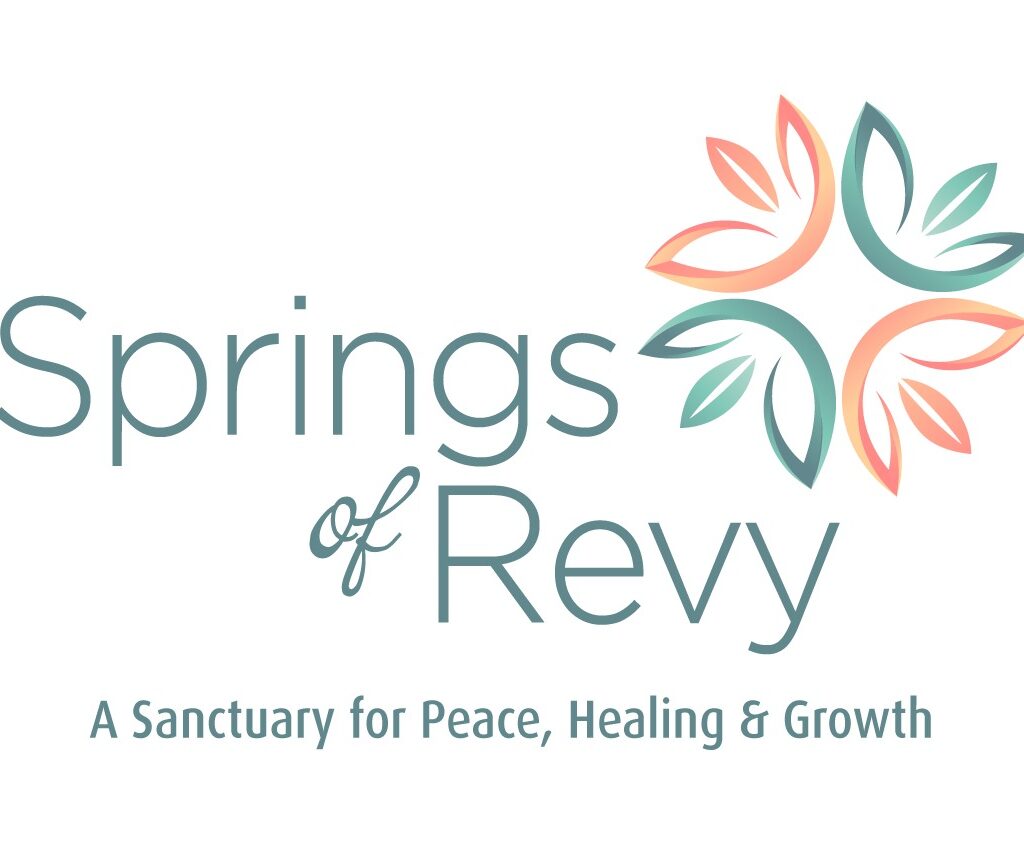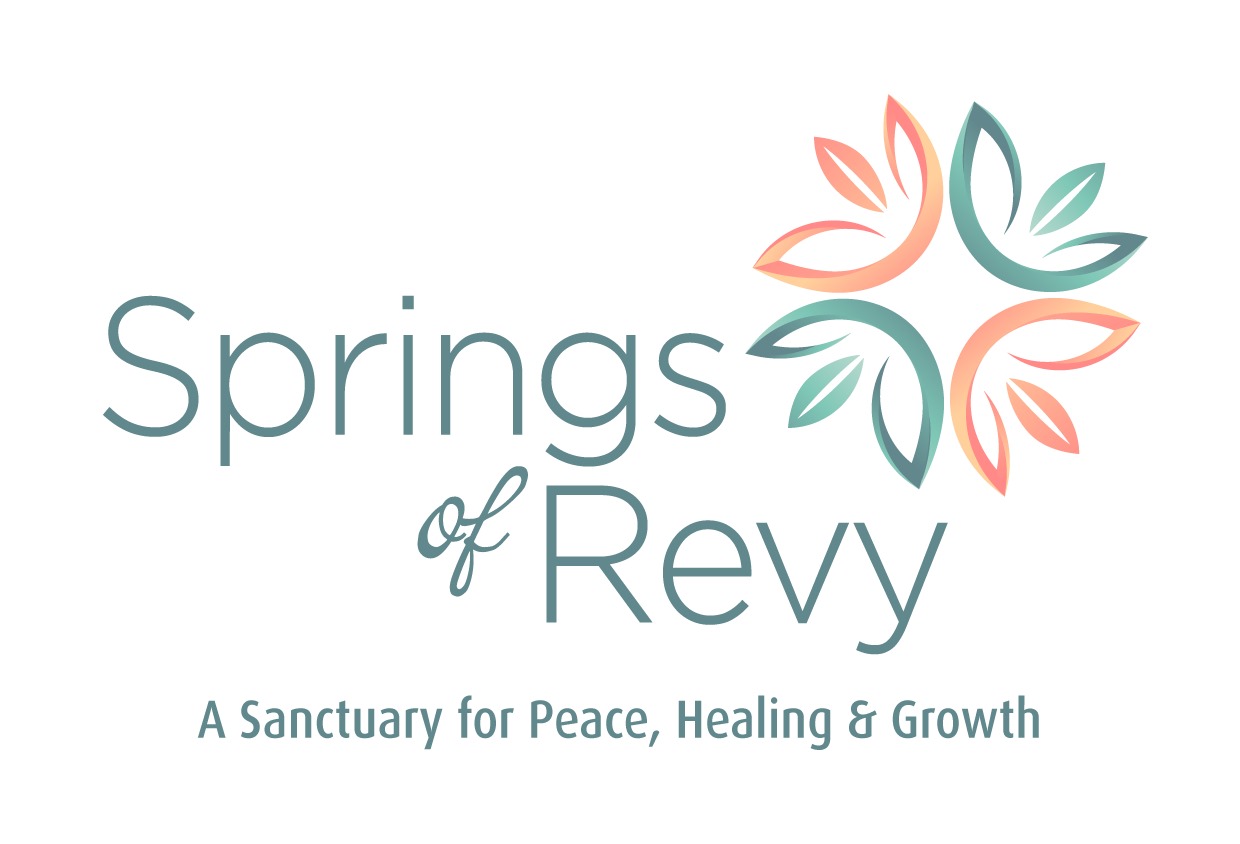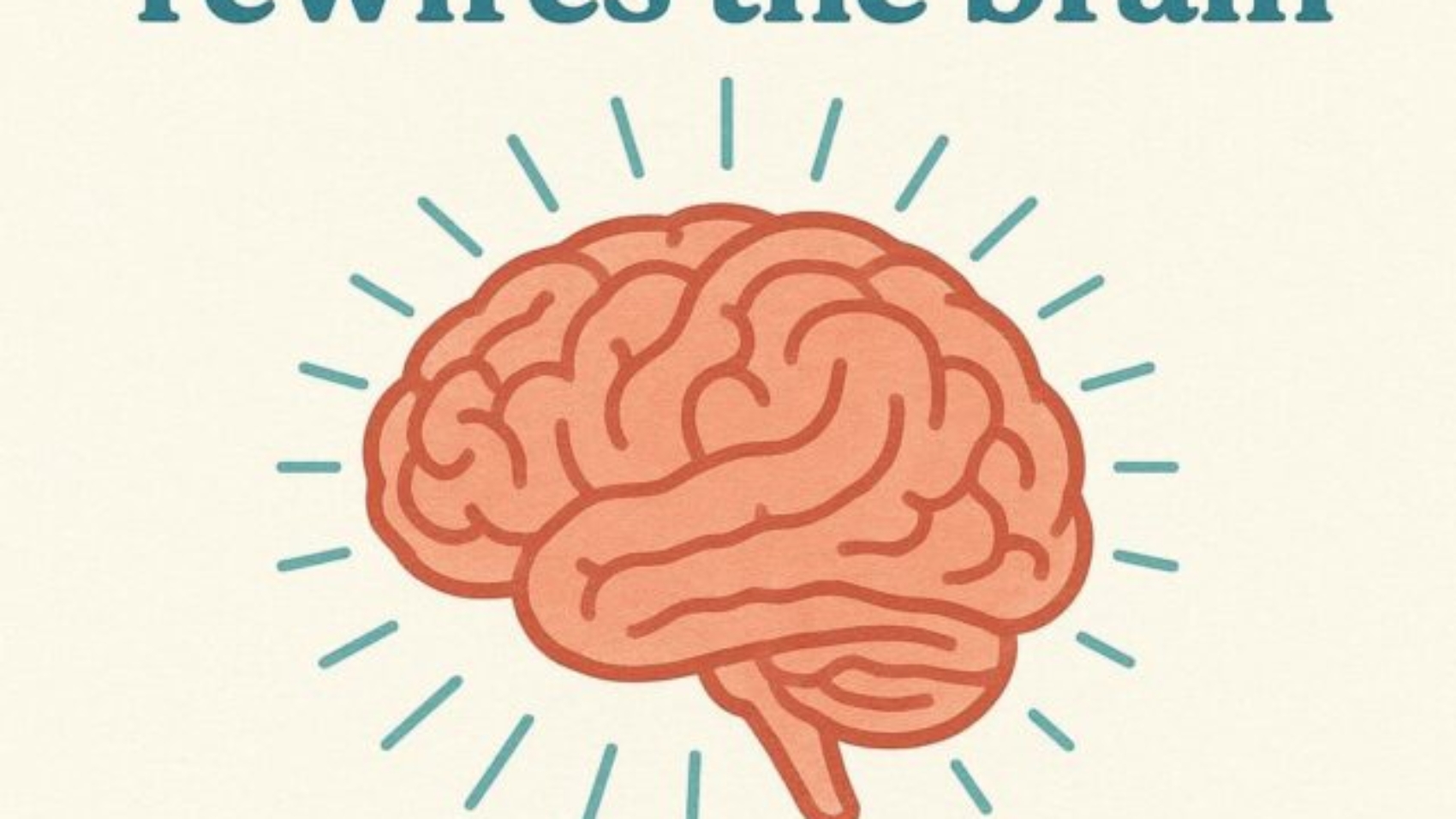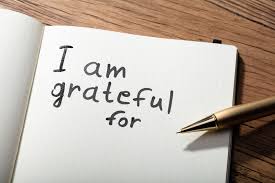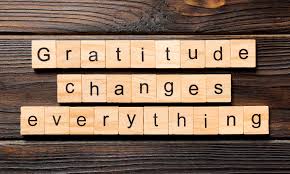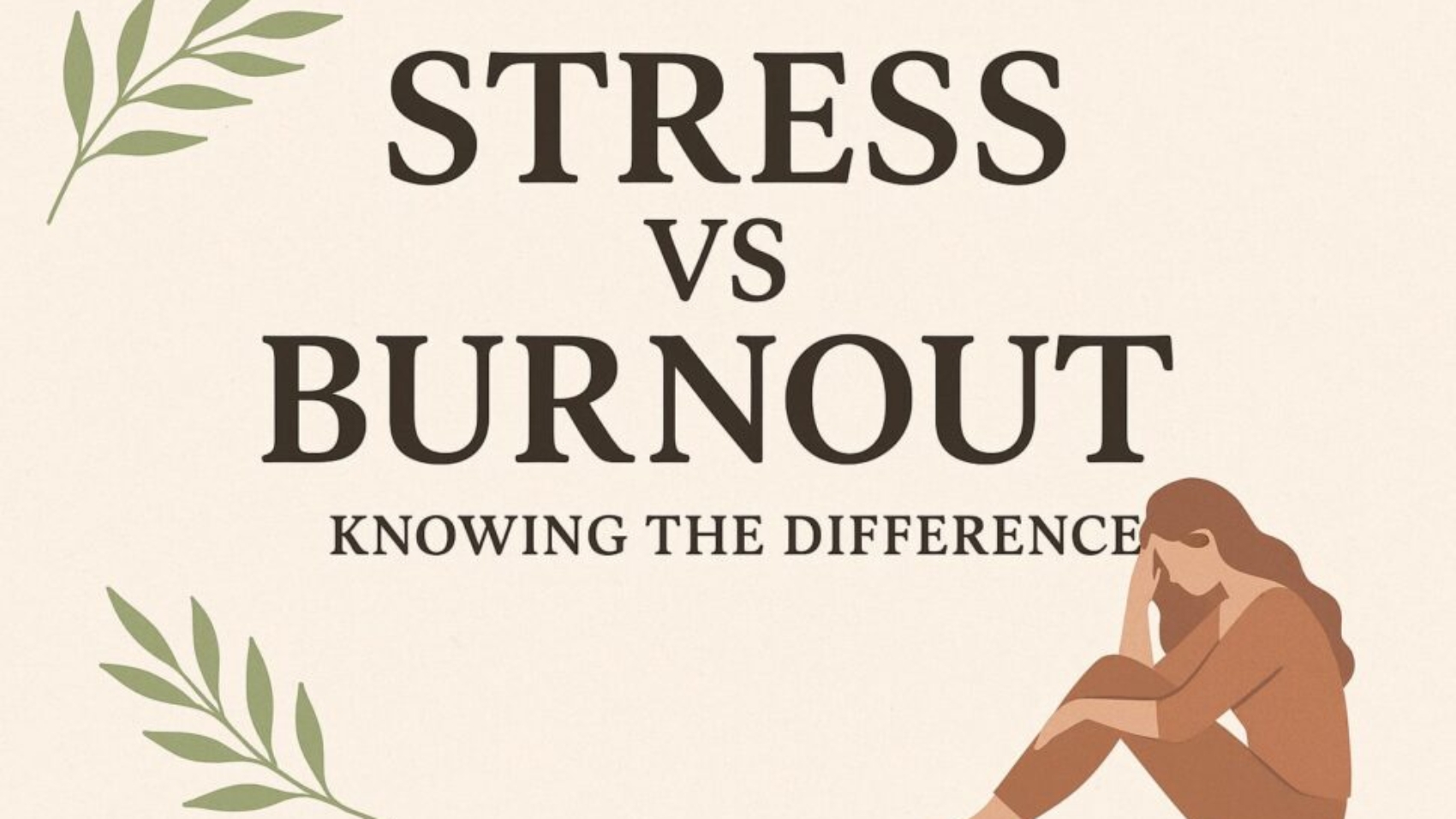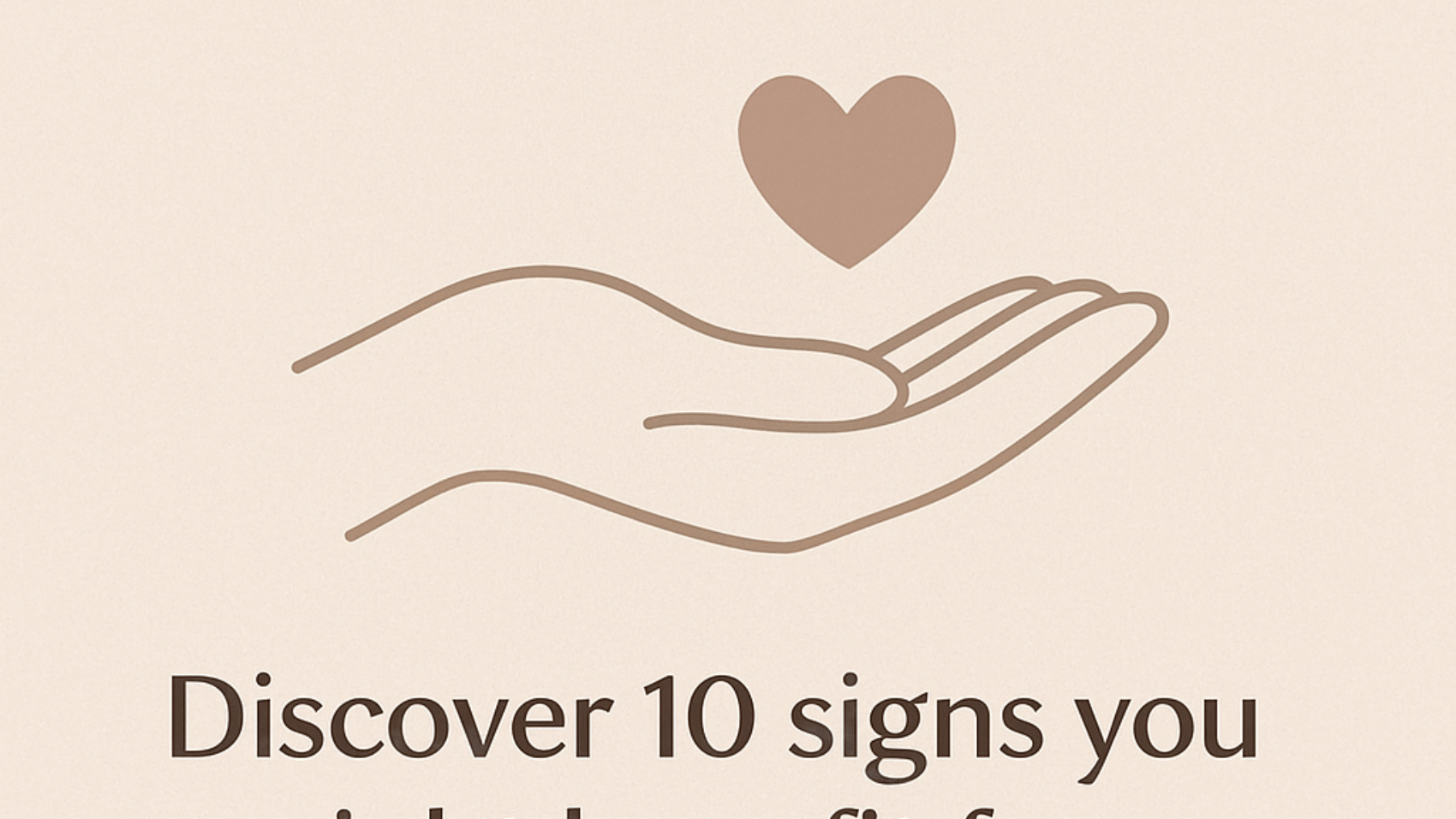
Why Journaling Heals
In a world that constantly demands your attention, journaling offers a quiet space to reconnect with yourself.
It’s not just about writing — it’s about listening to your inner voice, uncovering patterns, and gently releasing emotions that weigh you down.
At Springs of Revy Therapy, we see journaling as a bridge between your thoughts and your healing.
Whether you’re dealing with anxiety, grief, motherhood transitions, or relationship challenges, writing helps you slow down, make sense of your experiences, and invite self-compassion.
How to Start Journaling When You Feel Stuck
You don’t need to be a writer — you only need honesty and curiosity.
Start small: set aside 5–10 quiet minutes, find a comfortable space, and write whatever comes to mind.

There’s no right or wrong way.
Some days, you might write a single sentence. Other days, a page will flow effortlessly. What matters most is showing up — for yourself.
Here are 5 Gentle Journal Prompts to Begin Your Healing Journey
These prompts are designed to help you reflect, release, and reconnect with yourself:
- What emotions have I been holding in lately, and what might they be trying to tell me?
- What do I need to let go of to feel lighter and more present today?
- Who am I becoming, and what small steps can I take to honor that growth?
- When do I feel most peaceful, and how can I bring more of that into my daily life?
- What does self-kindness look like for me this week?
A Gentle Reminder
Journaling is not about perfection — it’s about presence.
Over time, you’ll begin to see patterns, lessons, and areas calling for healing.
If emotions arise, allow them. Tears, laughter, silence — they’re all part of the release.
And if your journaling uncovers deeper pain or past wounds, remember you don’t have to walk alone.
At Springs of Revy Therapy, we provide safe, compassionate spaces for you to explore your story and find meaning in your journey.
Begin Today

Take a deep breath, open your notebook, and begin with just one sentence.
Your healing has already begun — one word at a time.
